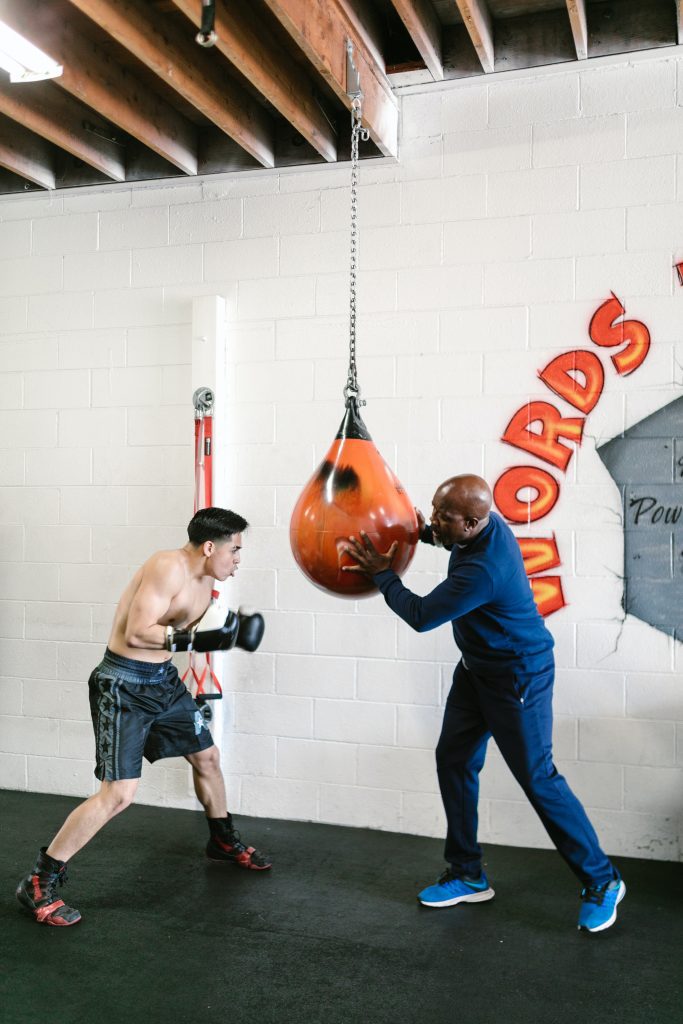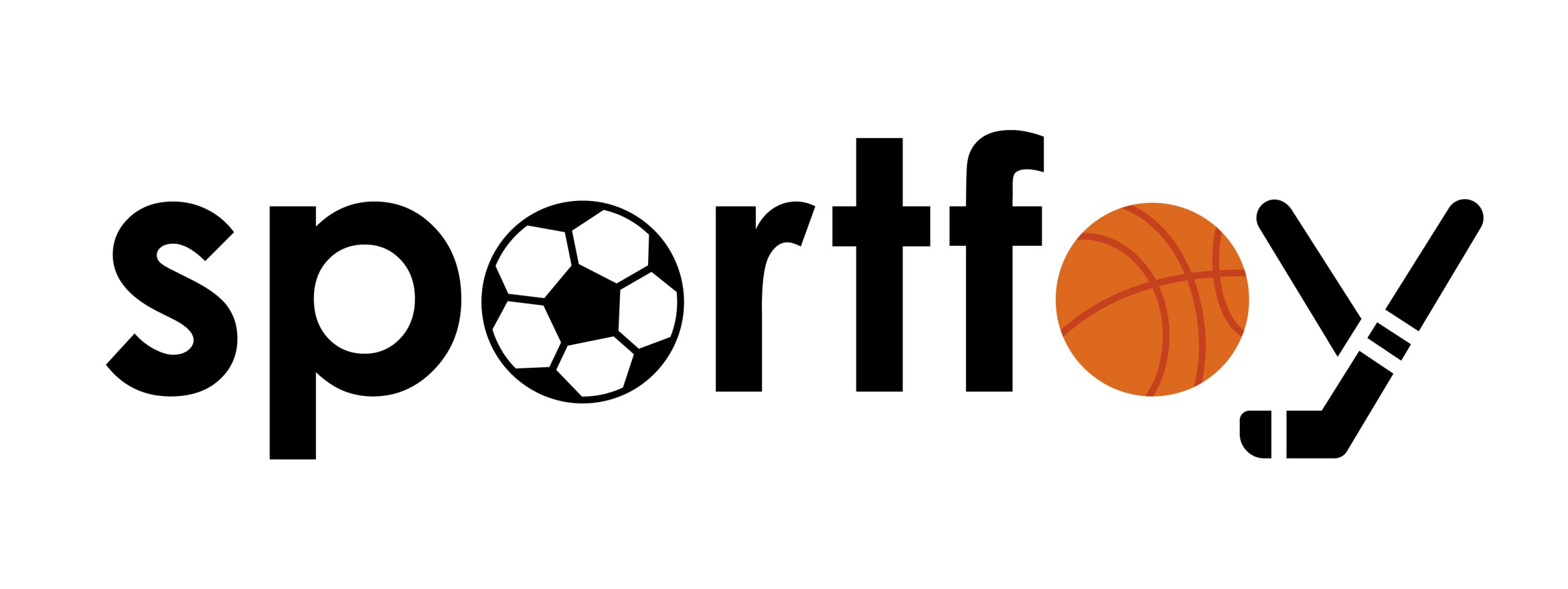10,000 Hours Training: Can This Method Make You A Champion?
The huge debates the 10,000-hour rule has generated show that not everybody supports Malcolm Gladwell’s claim. In his book The Story of Success, Gladwell claims people need a minimum of ten thousand hours to gain true expertise in any skill.

While this may work for some skills, it is not the main requirement for attaining greatness as an athlete.
This rule might work perfectly for some acquirable skills, but certainly not with technical activities like sports. Most times, it’s not the intensity or the number of hours used during practice that matters but purposeful practice.
That means you’re more intentional about learning and paying attention to every detail than focusing entirely on the actual routines, exercises, etc. The point here is that your attitude to practice is more important than the number of hours committed to it.
Also, it’s not about the length of the activity; getting the best out of that activity is more important.
As much as an athlete does need to put in the work, there are more important factors that can guarantee the desired expertise and greatness. The work of a coach in bringing out an athlete’s full potential cannot be overemphasized. An athlete may not need to spend up to 4,000 hours to realize his potential if he’s fortunate to meet a great coach.
Some coaches are very talented at bringing the best out of their trainees in the shortest time possible. They know what an athlete needs at every stage of their athletic development. More than the hours, athletes need a coach who will draw their attention to vital factors like their technique, breathing, posture, strength, and other things needed for skill mastery.

Also, the revelations by some top athletes who intentionally denied themselves of some lifestyles in order to be on top of their game prove that the 10,000-hour rule isn’t everything you need as an athlete to gain expertise.
